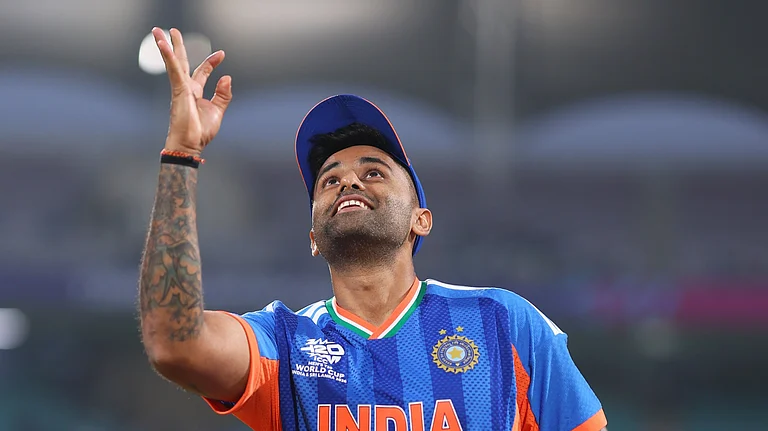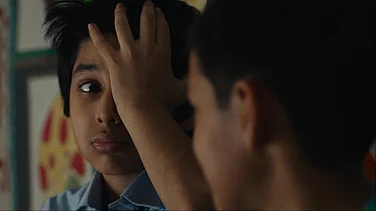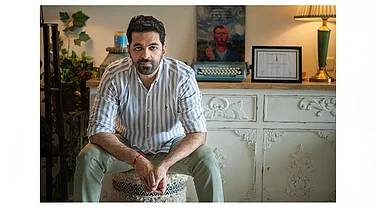Steven Moffat, the writer behind the global hit ‘Dr Who’ once wrote, “We’re all stories, in the end.” As an artist who lives, breathes and loves unique stories, I know that to be true. We respond most strongly to stories we can identify with, but which are also transcendent and connect us to something larger. To the humanity of others beyond the restrictions of language and geographical specificities.
For instance, it was the theme of a personal mission, friendship, and humanism that made ‘RRR’ so relatable across the world. It was the passionate rootedness of ‘Kantara’ that helped it become the first Kannada movie to cross US $1 Million In North America and over 250K AUD in Australia. It was created with great conviction and stayed true to its own ethos while reminding us that human emotions are the same everywhere. The content from the South-Indian industries is being celebrated globally because it has resonant emotions, a unique cultural context, and world-class technique.
Gurudev Rabindranath Tagore once said, “No one should add to the burden of the world, but each should try to lighten it.” I feel the best way to lighten this load is by telling stories. Stories that connect us beyond language remind us that we are not alone and impact our emotions irrefutably. Take Japanese auteur Akira Kurosawa’s 1954 classic, ‘The Seven Samurais’, which has been remade in nearly every language. The English version was John Sturges’ ‘The Magnificent 7’ in 1960, and the Hindi version was ‘Sholay’ in 1975. Vijay Tendulkar wrote plays like ‘Gidhāde’, ‘Shantata! Court Chalu Aahe’, ‘Sakharam Binder’, ‘Kamalā’, and ‘Mitrāchi Goshta’ in Marathi but they were translated into many languages. Many of these plays are now available in Hindi at Zee Theatre.
am happy that, over the last few years, the focus on good storytelling has sharpened to a great extent in Indian entertainment. Be it theatre, cinema, or OTT, we are seeing the influence of global content from around the world. Stories from South Korea, Spain, France, Argentina, Japan, Germany, and many other countries are now easily accessible, and our storytellers are also experimenting with untold stories and reinventing even familiar narratives. The reach of stories has also been expanded by dubbing and subtitling though we need good translators and transcribers to ensure that the subtitles are culturally sensitive, contextual, and able to capture the essence of dialogue and take into consideration the nuances of both languages.
Speaking of theatre, it too has evolved from oral traditions to street and proscenium performances to teleplays made especially for television audiences which are now communicating a wide range of themes and characters across linguistic boundaries. I feel thrilled that we are living in times of such creative vibrance and that one of my teleplay, ‘Maa Retire Hoti Hai’ is now accessible to audiences in Karnataka, Telangana, and Andhra Pradesh in Kannada and Telugu.
The key aspect of good stories is that they provoke thought and rumination and very subtly initiate social change at a subliminal level. For instance, the works of playwrights like Chetan Dattar and Vijay Tendulkar have helped reshape how we think about many social issues including same-sex relationships and gender politics. Tendulkar’s ‘Kamalā’ when made into a film ignited a fiery societal debate about the agency and dignity of tribal women and women in general.
Even though content today is aided by technology, it still needs stories that will inspire people to turn a new leaf and to think afresh about issues and their own place in the world. India will never lack such enriching narratives because even though they spring from immense cultural and geographical diversity, they have the power to stir and move us, make us laugh and cry and celebrate life together as one.

(Yatin Karyekar is a popular actor in Hindi and Marathi movies. He is also very popular for his theatre work. Views expressed are personal.)























